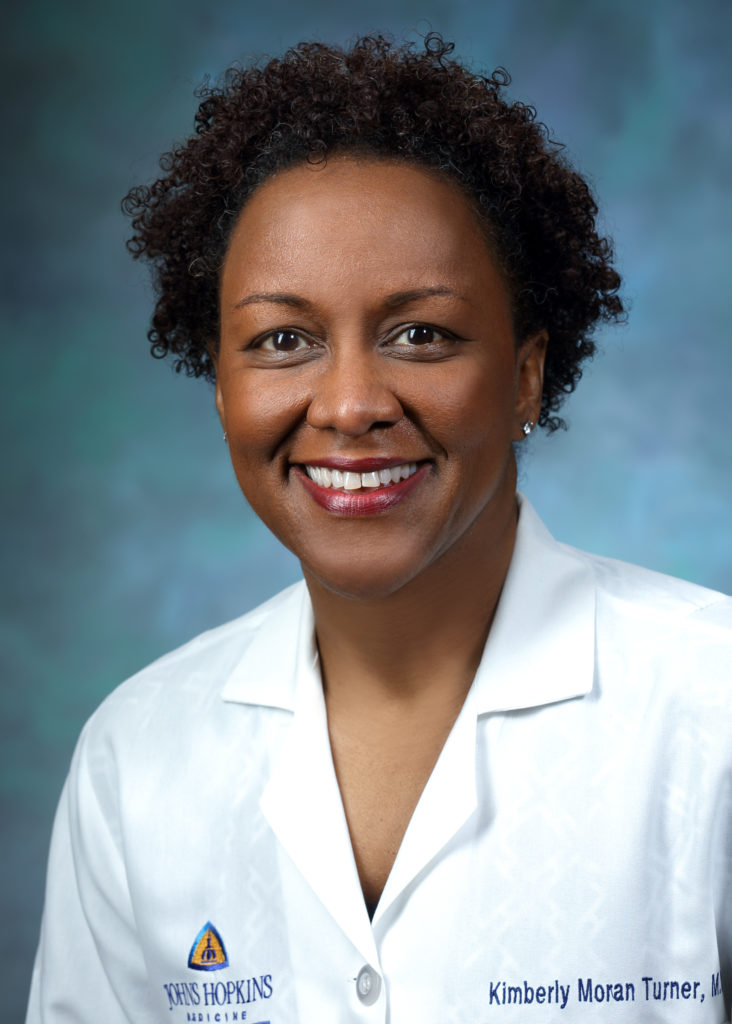Takeaway
With mentorship, advocacy, and open-mindedness by all, it is hoped that there will be greater diversity within the healthcare workforce.

Passion in the medical profession | October 22, 2019 | 2 min read
By Kimberly Turner, MD, Johns Hopkins Community Physicians
Perhaps the most famous quotation from America’s greatest civil rights leader, Dr. Martin Luther King, Jr., is:
“I have a dream that my four little children will one day live in a nation where they will not be judged by the color of their skin, but by the content of their character.”
What does the color of one’s skin mean today in medicine?
After completing my residency training, I was eager to work in inner city Baltimore. As a woman’s healthcare provider, I felt strongly that the large African American female population would respond well to me since I am also an African American woman. I hoped that my presence would address disparities in healthcare and make a positive impact on the health of minority women in my community.
Since that time, I have come to realize that, perhaps, the color of my skin matters in more ways than I was aware.
We are currently facing a healthcare crisis in obstetrics. Black and brown women are dying at disproportionate rates to their Caucasian counterparts, regardless of their socioeconomic status and access to care. There are many proposed reasons why this is true and these theories are largely out of the scope of this short article. In addition, black and brown women typically have more medical complications during pregnancy, are disproportionately “high risk” for poor outcomes such as poor fetal growth, preterm delivery, and hypertensive disorders. I am often sought out by these high-risk women because I am one of the few African American providers in my community.
Sociologists who study the impact of ethnic diversity in medicine understand that there are improved outcomes when patients are partnered with providers of similar ethnicity. They further purport that in leadership positions, over 90% of the workforce are Caucasian males.
What can clinically excellent physicians do to help with this problem?
1.Mentorship
We must provide positive mentors in the field of medicine so that upcoming bright men and women of color are attracted to our noble profession.
2.Advocacy
We must be active on committees and understand legislation that could potentially decrease the burden on those who take care of the most high-risk patients.
3.Leadership
We must rise to leadership positions in medicine so that we are “at the table” when hiring decisions are made. Recruitment and retention of ethnic minority physicians has to be a continued focus, particularly in inner city areas.
I’ve always known that the color of my skin is a blessing. My work as an obstetrician of color is a source of pride. I will continue to do all that I can to mentor, advocate for, and lead the next generation of healthcare providers.

